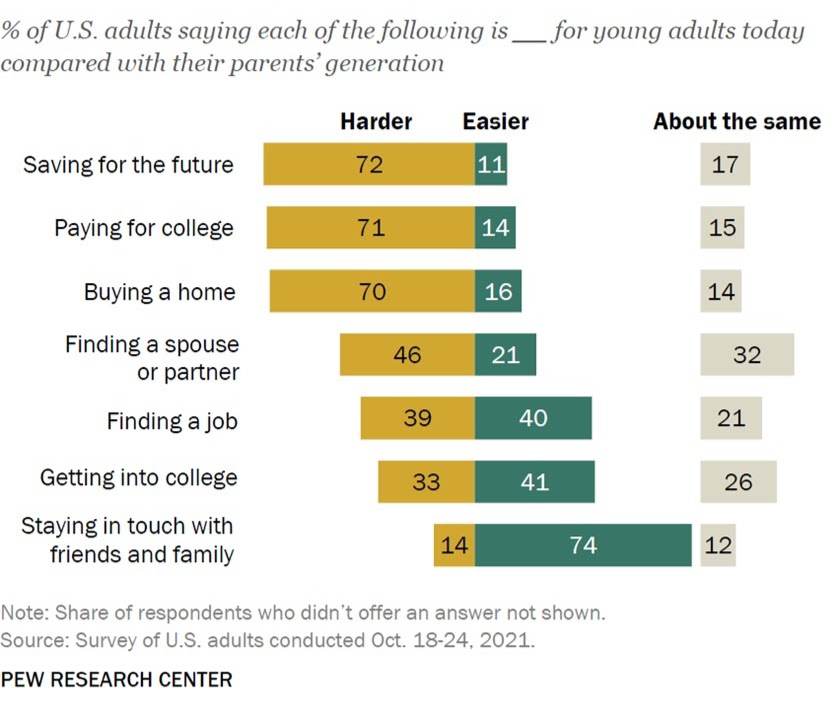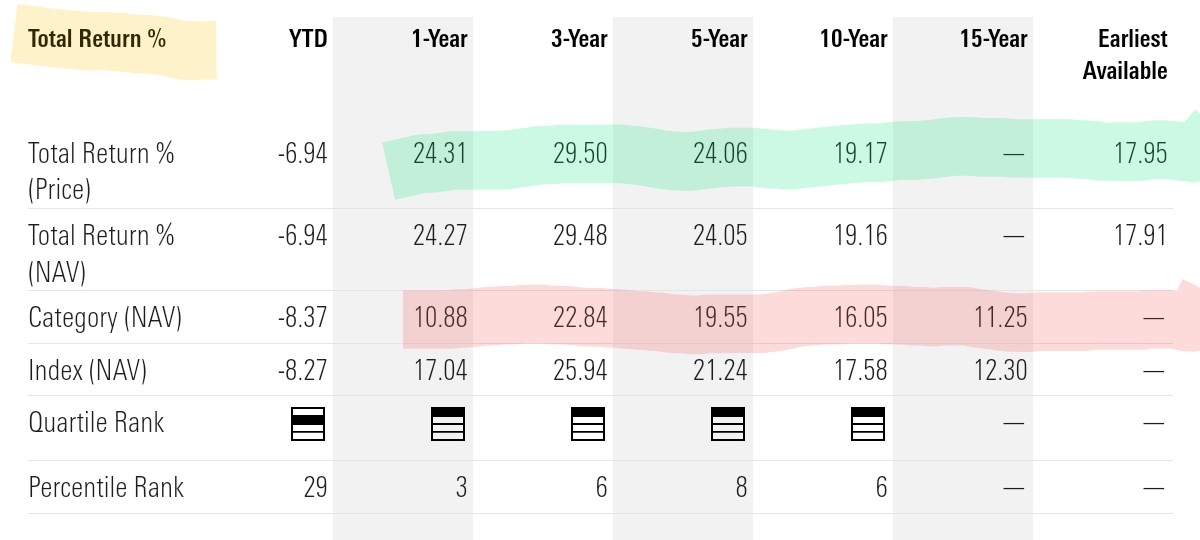With Large Growth in crash territory now, it's wise to avoid temptation of market timing
Large growth, which typically holds over 50% in technology , has entered into crash territory today with around 22% drop from it's peak from Dec last year. Broad market, such as Vanguard Total Stock index, is still in correction territory with just 13% drop from it's peak. Market hates uncertainty . We have enough share of uncertainties lately, such as pandemic surge in China, geo political crisis in Europe caused by war in Ukraine, global food inflation and associated geo political crisis in developing nations, just to name few. This makes Central Banks job even harder in taming inflation and hence increases potential for global stagflation . It's natural in such scenario to have investor emotions of cutting losses by resorting to panic selling of stock equities, before it drops even further. However, savvy investing is all about managing emotion of such pain of loss . Long-term stock investing's contribution to our financial well-being depends a lot on how...

